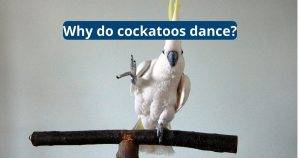How Do African Grey Parrots Talk?
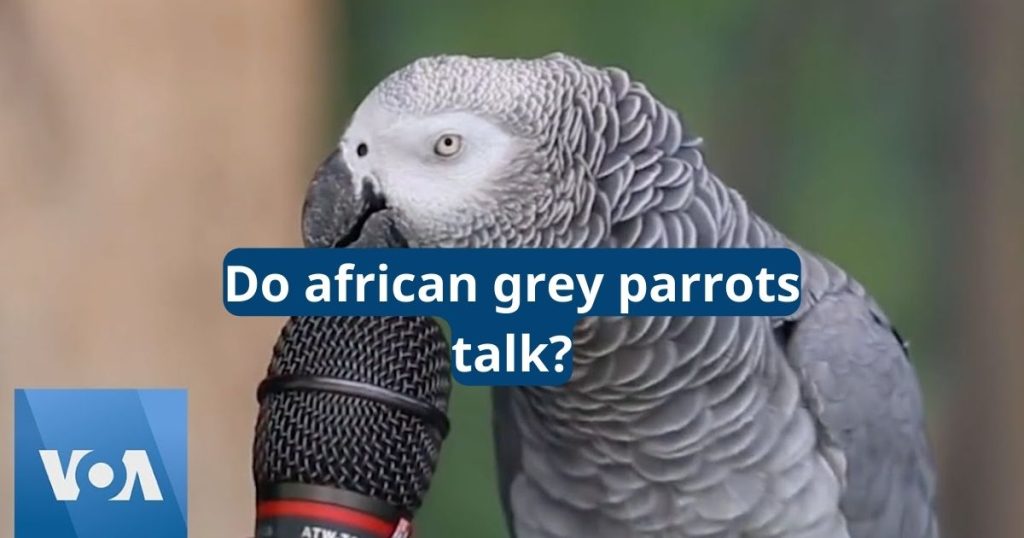
The ability of an African Grey Parrot to talk depends on how it was raised. A parrot that was hand-raised by a loving owner is more likely to learn to speak than one who was raised in a pet store or breeding facility. Pepperberg trained Alex to identify objects, colors, and shapes as well as understand more than 100 words. He could even ask questions!
How do they learn to talk?
Parrots learn by imitating sounds they hear and by repeating words. They may not catch on immediately, so don’t be discouraged if it takes several weeks for them to begin talking. Start with simple words and phrases, like “hello” or “see you.” Say them often in front of your Grey.
The more you talk to your bird, the faster they will learn to mimic. It helps to give them names for objects and things, like saying “seed” when you fill her food dish or “string” when she plays with her favorite toy.
The most famous talking parrot, Alex, was an African Grey owned by Irene Pepperberg. She used positive behavioral reinforcement to teach Alex how to link sound to meaning, overturning the old theory that parrots can only mimic words but don’t understand them. Alex was able to count, name colors, and identify objects by their size and material.
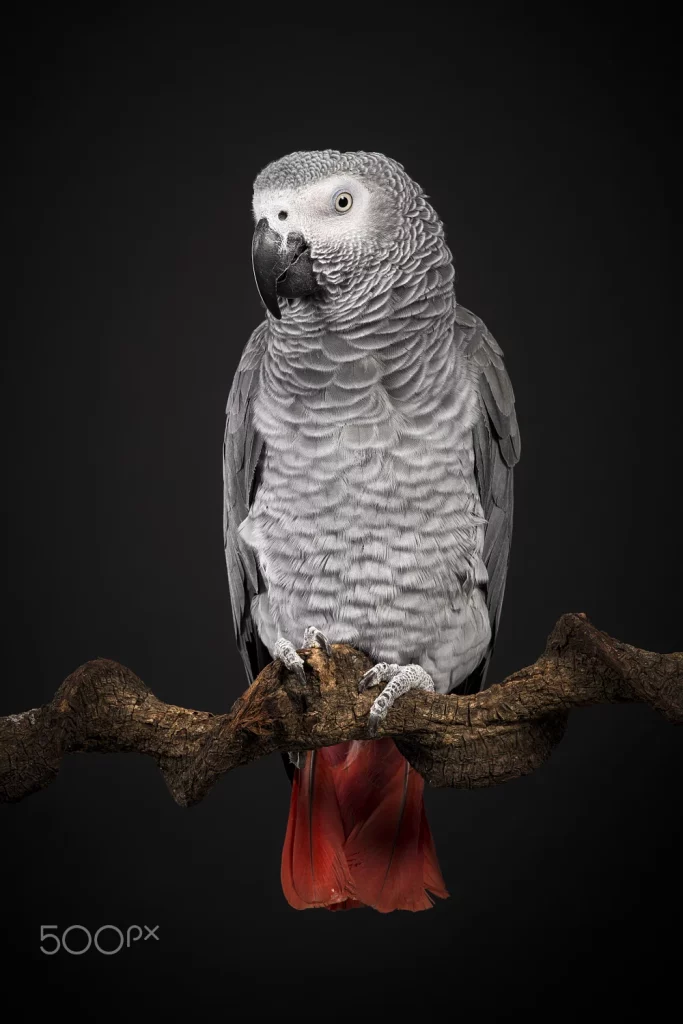
Do they need to be trained?
African Greys are incredibly intelligent birds, able to mimic sounds and words, speak in foreign languages, tell jokes, count numbers and identify colors and shapes. Their innate intelligence is on par with a five-year-old child, making them the smartest parrots in the world.
In the wild, African Greys fly in large flocks and roost together at night in trees. They also mate for life and form dedicated pairs. They nest in tree cavities and lay two to four eggs each, which hatch about 21 to 30 days later.
While some parrots can learn hundreds of words over a few months, others may take longer to master certain sounds. It’s important to be patient and consistent with training, and to begin teaching them early. You should also make sure to talk to them frequently, and enunciate clearly so that they understand each word. It can be helpful to start with words that are easy for your parrot to pronounce, such as the names of food, water or other items they often interact with throughout the day.
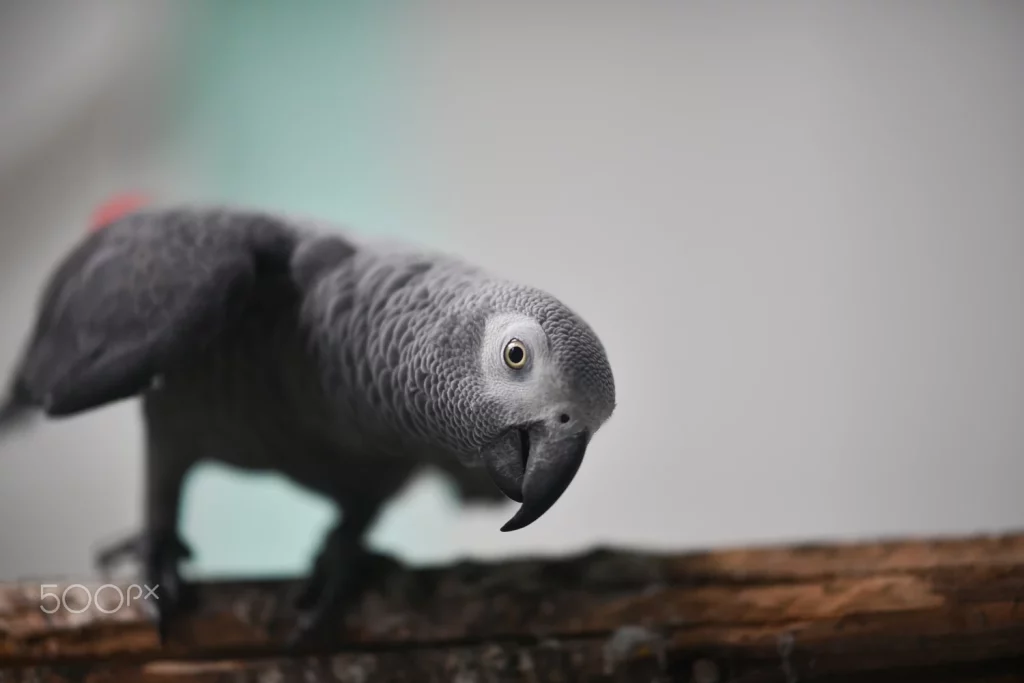
Do they have any health issues that affect their ability to talk?
Parrots are well-known for their ability to mimic and imitate the human voice, but they are also able to understand meaning. Researchers like Irene Pepperberg have demonstrated this impressive intelligence, and more recent research by Duke University neuroscientist Erich Jarvis has found that parrots have a special part of their brain devoted to vocal learning.
While many people are able to teach their African Grey to talk, it’s important not to have unrealistic expectations. Not all parrots will learn to talk, and some who can will choose not to use their ability.
Some health issues can affect a parrot’s ability to talk, such as respiratory infections and nutritional deficiencies. Regular veterinary checkups can help prevent these issues and ensure that your pet is healthy and happy. In addition, training, interaction, and a stimulating environment can encourage a talking bird. The most important thing is to create a strong bond with your parrot and make sure they have everything they need.
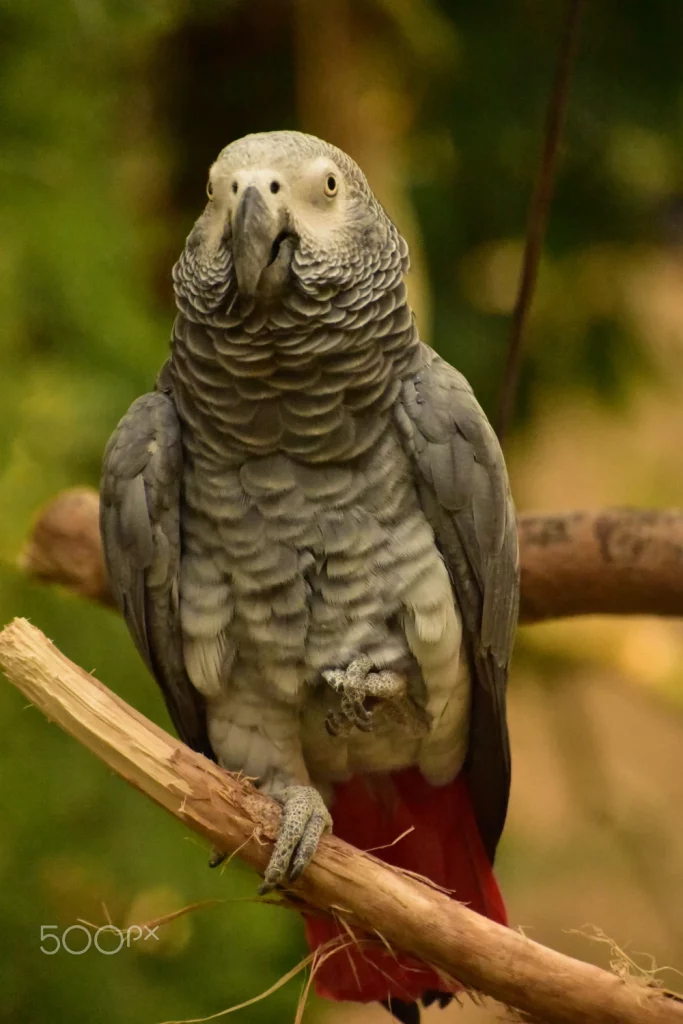
Do they have any special needs?
African grey parrots are a popular pet because of their intelligence and ability to imitate human sounds. However, it is important to remember that not all African Greys talk and that talking requires training. They also need a stimulating environment and interaction with their owners. If they do not get enough attention, they may become bored and stop talking.
They can also learn to imitate a variety of sounds and words from other sources, including squeaky doors, vehicle back-up chimes, fire alarms, microwave alert bells, and telephone ringtones. A lost African Grey parrot in Japan even used this skill to talk his way home.
Owners can encourage their African Grey to talk by reading to them and letting them look at pictures. They should also give their bird plenty of time to play with toys, interact with them, and learn new words and tricks. This can help them avoid boredom and self-mutilating behaviors like feather picking.



